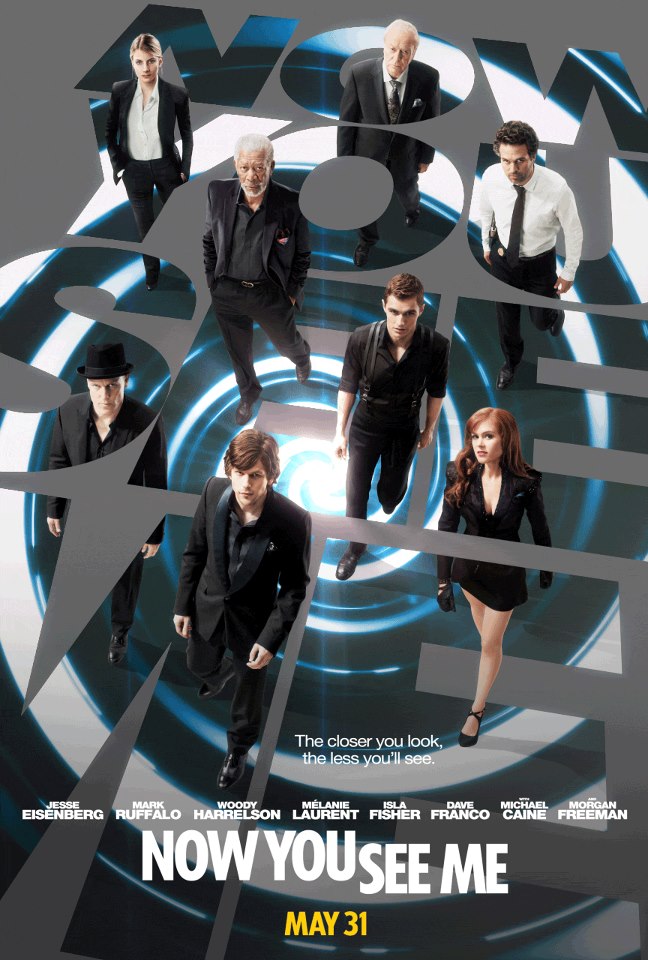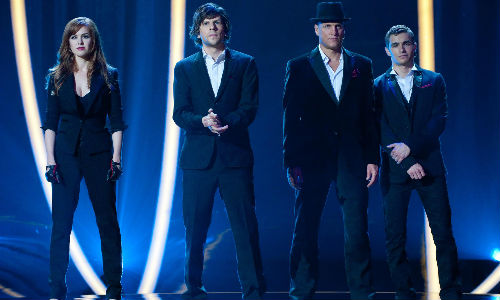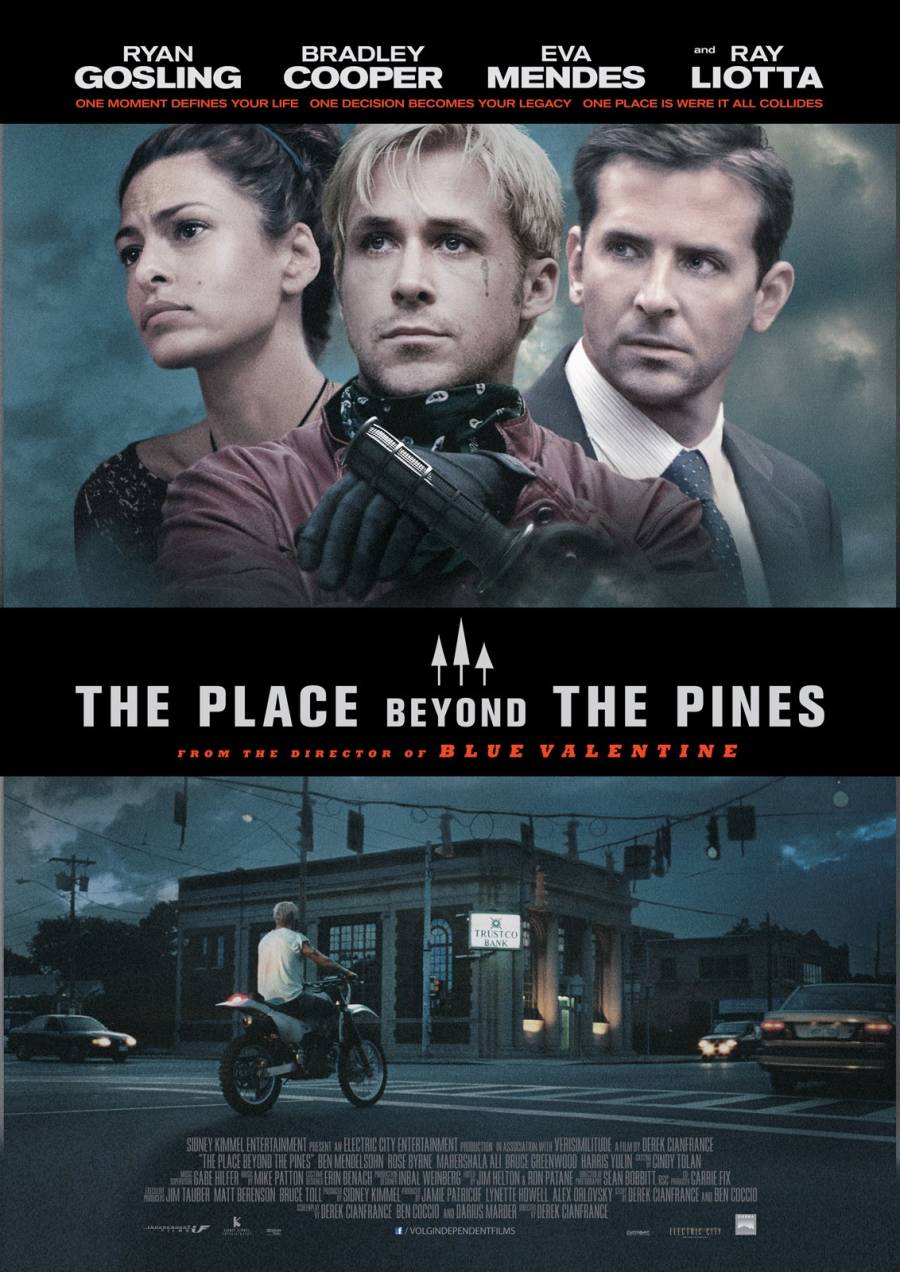

Director: Jeff Nichols, 2012 (PG-13)
It’s hard to believe Jeff Nichols has only made three films.
Like his previous two, Shotgun Stories
and Take Shelter, Mud is set in the south and has a slow
pacing that fits the character-driven nature of the film. Until it explodes
with violence at the end. It is not a thriller in the classic sense, but
certainly increases the tension as the film progresses.
Nichols wrote all three films, but of the three Mud is the
most ambitious and most developed. Prior to shooting the film, he described it
as Sam Peckinpah directing a Mark Twain short story. And that seems apt.
Peckinpah’s violence manifests itself, but Twain’s river-bound story is
crucial. Indeed, the Mississippi is central to the film, being almost a
character in itself.
Despite this, the movie is at heart a coming-of-age story,
intermingled with thriller and crime genres. This sounds implausible, possibly impossible, but Nichols pulls it off with aplomb, mainly due to strength of
script and quality of acting. In the lead role as Mud, Matthew McConaughey (The Lincoln Lawyer) delivers one of his
best performances. Looking every bit the bum, with dirty clothes and chipped
tooth, he conveys an easy charm that covers a latent danger. Reese Witherspoon
(This Means War) is his white-trash
on-again, off-again girlfriend. But the star of the show is Tye Sheridan (Tree of Life) who plays Ellis, a
high-school freshman who drives the film and its theme of “can love be
trusted”.
 The film opens with Ellis and his buddy Neckbone (Jacob
Lofland) making plans to secretly take the outboard-powered skiff on the river
to an island in the Mississippi. En route, Ellis overhears his parents arguing
loudly in their redneck houseboat. Not all is well on the home front.
The film opens with Ellis and his buddy Neckbone (Jacob
Lofland) making plans to secretly take the outboard-powered skiff on the river
to an island in the Mississippi. En route, Ellis overhears his parents arguing
loudly in their redneck houseboat. Not all is well on the home front.
When the two boys arrive at the island, they find what they
are looking for: a boat in a tree. But they find more than that. There is
someone living in it, and returning to their skiff they discover Mud. An
enigmatic, almost legendary figure, he wins them over with tales of wonder and
adventure. But he needs them, and has a hidden agenda. He is in love with
Juniper, who is staying in a motel in town. He needs them to contact her.
While in town, Ellis sees a high school girl he has a crush
on. Though two years older than him, he is prepared to voice his interest and
his desire. Indeed, he does this in a visible confrontive way that somehow wins
her over, yet in a vague and ambiguous manner.
There are three love relationships entwined in this tale.
All are in different stages. All are in trouble. Ellis’ parents are in the
midst of separation. Mud and Juniper have a complicated relationship that is
related as the film unfolds. And Ellis and MayPearl experience the beginning
flickers of love.
 Indeed, when Mud asks for the boys’ help, Neckbone sees the
danger and the self-centeredness in the appeal and wants to dismiss it. But
Ellis, still a romantic and innocent teen, shouts out, “He loves her, Neck. He
told me.” For him, love is central, love is critical. Love is worth pursuing,
love is worth risking all for. Even if that love is experienced by someone
else. Ellis wants to believe in love. He needs to believe in it.
Indeed, when Mud asks for the boys’ help, Neckbone sees the
danger and the self-centeredness in the appeal and wants to dismiss it. But
Ellis, still a romantic and innocent teen, shouts out, “He loves her, Neck. He
told me.” For him, love is central, love is critical. Love is worth pursuing,
love is worth risking all for. Even if that love is experienced by someone
else. Ellis wants to believe in love. He needs to believe in it.
We all want to believe in love. We were created to love, to
relate to others. There is no wonder that one of the most beloved chapters in
the Bible is 1 Corinthians 13, centered on love itself. And God is love (1 Jn.
4:8); our maker is defined in essence by love.
But we are also by nature broken people. Original sin,
encountered at the fall (Gen. 3), has caused this. Though we are capable of
love, in our natural broken state we have a tendency to selfishness that hurts
and damages even those we love. We fail them. And then comes the question, can
love survive our brokenness? Is there a love we can really believe in?
In the film, Mud’s history inevitably draws dark characters
to him. Southern mafia and bounty hunters appear, and with them the inexorable
violence. This is a violence that destroys people and relationships, just as
the harsh and violent words of Ellis’ parents destroys their marital love.
Ellis’ quest is really for this love he can believe in. When
he discovers that the love he trusted in, through all three relationships in
view, has failed, his innocence dissipates like the morning mist. The climax
leaves him slightly more worldly and jaded. He has come of age. His childlike
trust has given way to an adolescent twinkle, one that now looks on other May
Pearls. And Mud? Well, his role as catalyst in the story is fulfilled.
Despite the somewhat tragic view of love on display, we can
look for a better answer to the question in mind. There is a love we can really
believe in. It is rooted in a person who is pure to a fault, unlike Mud. God
cannot lie (Heb. 6:18). His essence is love, and he beckons us to come embrace
that love (Jn. 3:16). Only as we do so, as we taste and see that he is good
(Psa. 34:8), can we begin to banish the bitterness and cynical boredom we often
experience. In him alone, is true love, because he alone is love. If we believe
in him, we can really believe in love.
Copyright ©2013, Martin Baggs









